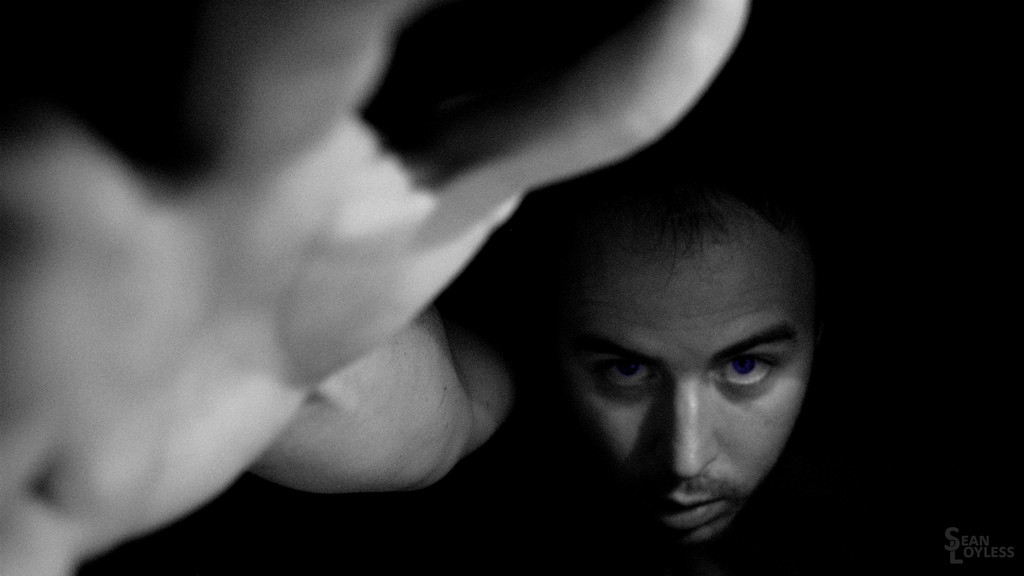Parashat Vay’hi
Genesis 47:28 – 50:26
After the patriarch Jacob dies and is taken back to the land of Canaan to be buried in the ancestral tomb, the brothers worry about how Joseph will treat them. “And the brothers of Joseph saw that their father had died and they said, ‘What if (lu) Joseph still bears ill will toward us and will work to repay us for all the evil that we did to him?’” (Gen. 50:15) They implore their brother in their father’s name to grant them absolution for their evil deed and Joseph weeps as he hears their fear of him. Joseph must repeat the assurances of forgiveness that he gave to his brothers years before, when he first reconnected with them. Yet, he sees that the brothers have not yet found peace.
The word that the Torah has them utter in their worry about Joseph – “what if?” is “lu.” As Rashi and other classical Bible commentators have pointed out, the use of this Hebrew word in this meaning is unique in all of the Bible. Most of the time the word “lu,” which expresses uncertainty, does not convey dread of something happening, but, rather, a desire and hope that something might happen (- “if only…”)! Rashi, of course, does not think that the brothers really wished for Joseph to avenge himself against them, so he explains that the meaning here is unusual, but contextually understood.
But what if the brothers were really expressing a wish – “lu – if only Joseph would avenge himself against us!” ? Perhaps Joseph’s forgiveness, instead of washing away their sin, has only exacerbated their sense of unworthiness as compared to their brother’s innocence. The Freudian use of this expression of yearning may have sprung from the brothers’ ongoing sense of guilt. Joseph’s God-like ability to forgive them is incomprehensible to them, brothers who could not forgive their younger brother his youthful conceit and obnoxiousness. Instead of final relief, Joseph’s forgiveness brings them continued shame. And instead of bringing the family together, his forgiveness keeps them apart. Sadly, it is ironically possible that, had Joseph refused to forgive his brothers, he would have enjoyed a stronger bond with them! Far from being a restorative gift, Joseph’s forgiveness is experienced by his brothers as a withholding, a denial of some punishment that would have finally settled the score. “Let us be your slaves” (v. 18), they plead, so that they may feel that they can work off their sin.
The Psalmist says of God: “Indeed, the power of forgiveness is with You, so that You may be feared.” (Ps. 130:4) The power to forgive is terribly frightening. It is a power held absolutely and exclusively in the hands of the one who may – or may not – forgive. At the same time that the brothers gasp for absolution, they also fear attaining it through such freely given forgiveness. They wish to have some sense of control. They wish they could buy forgiveness just as they once wished to sell their brother.
Joseph weeps when he realizes that his power of forgiveness is too fearsome for his brothers to bear. But, finally, Joseph figures out how to settle their spirits. He will give them a task to perform so as to make up for their sin. Just as they once lowered him into the pit and abandoned him there, so must they now promise that they will raise him from the pit of Egypt and take him back home at the right time. When they do that, they will be quits, their forgiveness earned.
Shabbat Shalom
Rabbi David Greenstein
![]()
Subscribe to Rabbi Greenstein’s weekly d’var Torah
image: “Helping Hand” © Sean Loyless image altered and used with permission via Creative Commons License
- Toby Stein: In Memoriam - Thu, Feb 8, 2024
- Faithfulness and Hope: Parashat Sh’lach - Thu, Jun 23, 2022
- Past Their Prime: Parashat B’ha`a lot’kha - Thu, Jun 16, 2022


Read and discussed your dvar torah with my family at the hospital yesterday. It sparked an interesting discussion about the difficulty of both giving and accepting forgiveness.
The Rabbi’s D’var Torah from December 27th looks at both sides of forgiveness-to forgive and to be forgiven. Joseph shows the moral growth that allows him to tap into the goodness and love in his heart and forgive his brothers for their dastardly acts toward him. With the exception of Judah, who has some awareness of consequences, the men, his brothers, don’t deserve forgiveness. The apparently felt ok for years with their actions until it becomes impossible to deny. The are not in the moral place of being capable to accept forgiveness. They are guilty of attempted homicide or more specifically fratricide -Joseph is their blood brother. But, it only surfaces after the fact. There are actions that can be taken in life that are unforgivable even when the offended individual maybe in a place of forgiveness as Joseph was toward his morally stunted brothers.
Noa Freudberg